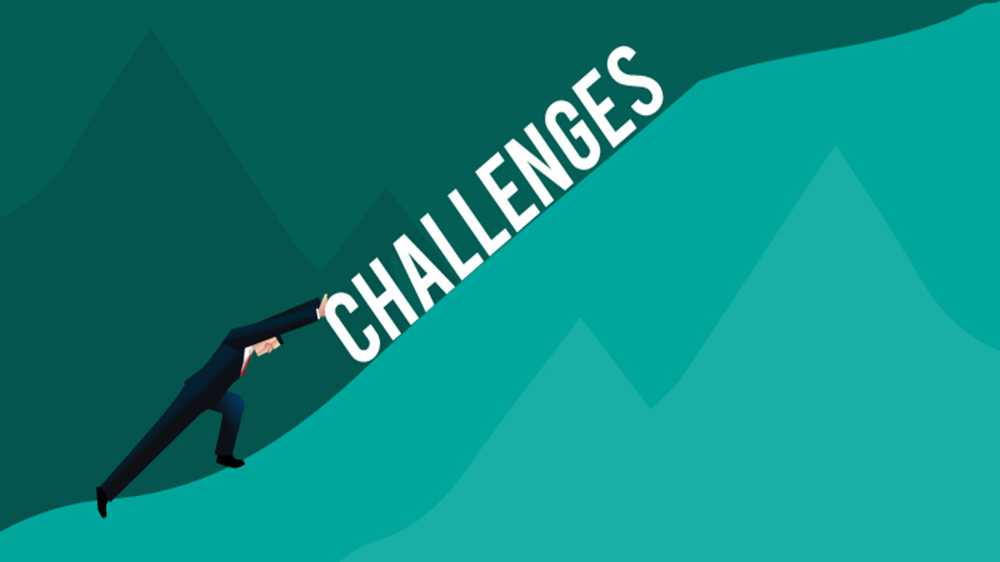The Key Challenges of Democracy in the 21st Century
Democracy, a political system based on popular participation and the protection of individual rights, has encountered several challenges in the 21st century. With the advancement of technology, globalization, and social changes, new issues arise that question the effectiveness of this governance model. In this article, we will discuss the main challenges faced by democracy today.
-
Misinformation and Fake News
One of the biggest challenges for 21st-century democracy is the spread of misinformation and fake news. With the advent of social media and the ease of information sharing, distinguishing truth from falsehood has become increasingly difficult. This compromises the formation of public opinion and can negatively influence democratic processes.
-
Concentration of Power
The concentration of power in a few hands is another challenge faced by democracy. In many countries, there is a rise of authoritarian leaders aiming to weaken democratic institutions and centralize power within themselves. This concentration of power can undermine fundamental principles of democracy, such as the separation of powers and the protection of individual rights.
-
Social Inequality
Social inequality directly affects democracy. When there is a significant disparity in income and opportunities among citizens, political participation and access to basic rights may be compromised. Lack of equal conditions can generate feelings of exclusion and discontent, eroding trust in democratic institutions.
-
Crisis of Representation
The crisis of representation is a challenge that has affected many democracies around the world. Many citizens have become disillusioned with traditional politicians and parties, feeling that they are not adequately represented. This can lead to the rise of populist and extremist movements that question the legitimacy of the democratic system.
-
Citizen Participation
Low citizen participation is another challenge democracy faces in the 21st century. Many citizens express disinterest or discouragement in engaging with political processes, which can result in a lack of representation and legitimacy in decision-making. It is essential to promote mechanisms that encourage citizen participation and strengthen democracy.
-
Climate Change and Sustainability
Climate change and sustainability are challenges that impact not only democracy but all of humanity. The need for urgent actions to combat climate change and ensure planetary sustainability requires coordinated efforts and effective public policies. Democracy needs to transparently and responsibly address these issues.
-
Technology and Privacy
Technological advancements also bring challenges to democracy. The massive collection of personal data and mass surveillance raise concerns about privacy and individual liberties. Striking a balance between using technology to enhance the efficiency of democratic processes and safeguarding citizens’ rights is crucial.
Conclusion
Democracy faces various challenges in the 21st century, from the spread of misinformation to the concentration of power and social inequality. It is imperative that governments, institutions, and citizens remain vigilant about these issues and collaborate to strengthen democracy, ensuring participation and rights for all. Only through such efforts can the challenges of the 21st century be met, building a fairer and more democratic future.

